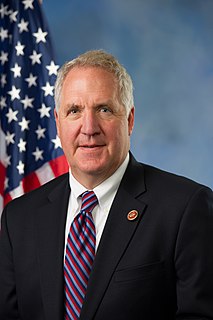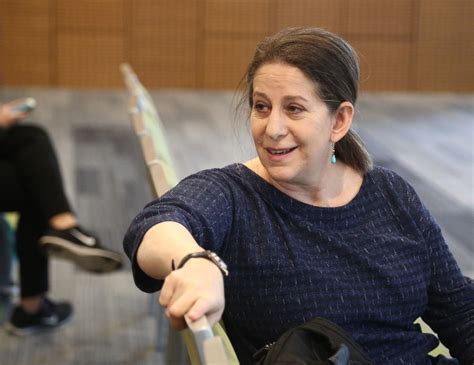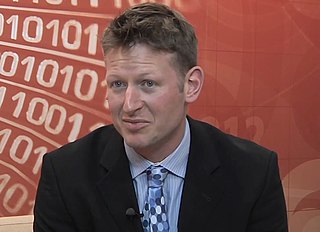Top 1200 Carbon Dioxide Emissions Quotes & Sayings - Page 15
Explore popular Carbon Dioxide Emissions quotes.
Last updated on December 2, 2024.
Connect with people, visibly and loudly showcase initiatives that reduce greenhouse gases emissions, nurture youth leaders, or spread the message by raising awareness through campaigns. I am convinced that your contributions will ensure that climate change solutions safely power our - and especially your - future.
I think people really understand that clean air and clean water and not having factories dumping their emissions into the atmosphere and into the rivers and into the sea has been a very good thing for America. EPA stands watch for very important principles that go all the way back to Teddy Roosevelt.
You know, if you're Guy Kawasaki and you create a car that gets 500 miles a gallon with zero emissions, people on the Internet would say: 'I could have done that in half an hour, and it's been done before. What's the big deal? I expected something more from him.' Meanwhile, they didn't do it, right? They're still living at home with their mothers.
Any objective look at what science has to say about climate change ought to be sufficient to persuade reasonable people that the climate is changing and that humans are responsible for a substantial part of that - and that these changes are doing harm and will continue to do more harm unless we start to reduce our emissions.
The nuclear approach I'm involved in is called a traveling-wave reactor, which uses waste uranium for fuel. There's a lot of things that have to go right for that dream to come true - many decades of building demo plants, proving the economics are right. But if it does, you could have cheaper energy with no CO2 emissions.
Indeed the three policy pillars of the neoliberal age-privatization of the public sphere, deregulation of the corporate sector, and the lowering of income and corporate taxes, paid for with cuts to public spending-are each incompatible with many of the actions we must take to bring our emissions to safe levels.
It's no secret that the environmental movement is ultimately designed to create new inroads into increased government control. All of the shots taken at emissions, the dependence on fossil fuels, and noise pollution are designed to paint those things as symptoms of a problem, with the government able to step in as the solution.
Putting aside for the moment the question of whether human industrial CO2 emissions are having an effect on climate, it is quite clear that they are raising atmospheric CO2 levels. As a result, they are having a strong and markedly positive effect on plant growth worldwide. There is no doubt about this.























































